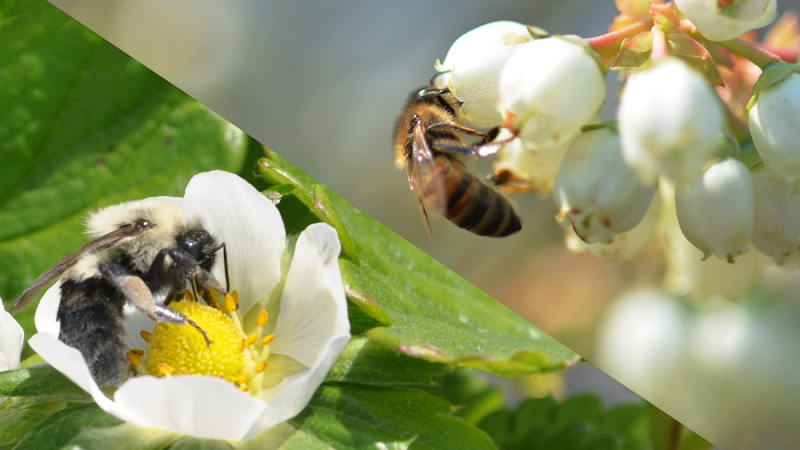Seedless Kishu: The Tiny Wonder
The Mukakukishu (Mukaku) is commonly called the Seedless Kishu. Its fruit is very small, soft, easy to peel, has good flavor and color, and is absolutely seedless. It tends to mature mid-season. When considered on its own merits, the Seedless Kishu has limited commercial potential. It ranges in size from a golf ball to half of a golf ball. Although some creative and enterprising citrus farmers in California’s Ojai Valley successfully grow, pack, and market the fruit, it is widely considered a novelty or at best, suitable for roadside stands and dooryard purposes. The Seedless Kishu is too small to run on most conventional packinghouse equipment and too soft to survive in conventional packaging.
So why is the Seedless Kishu “all the buzz” in the citrus community, and why is it so important to Florida’s fresh specialty industry? The answer is simple: breeding.
The Seedless Kishu is a unique mutation that is female sterile, but male fertile. Therefore, its pollen can be used in breeding, with approximately 50% of the progeny expected to be seedless. Fruit from some of the Seedless Kishu hybrids may be too small for commercial applications, but it is hoped that others will incorporate its multiple positive characteristics while retaining the fruit size of the female parent.
Making It Work
Although Seedless Kishu pollen appears visually to be of poor quality, it has proven to be especially fertile. The same is true of pollen from first generation hybrids at the UF/IFAS Citrus Research and Education Center in Lake Alfred. An additional bonus for the citrus breeders is that Seedless Kishu seems to confer shorter juvenility. So, times between successive generations will be minimal. Dr. Jose Chaparro recently developed molecular markers to select for seedlessness at the early seedling stage. These markers appear to be most useful when the crosses are of a specific pedigree. Their application to second or third generation crosses is being explored.
Addressing Accessability










